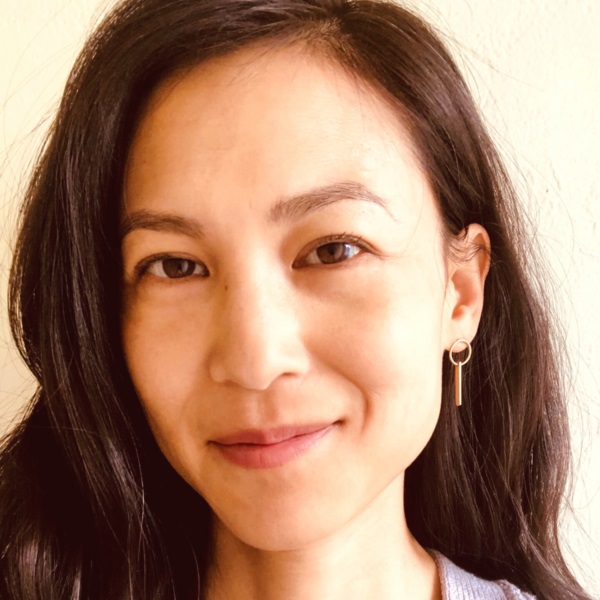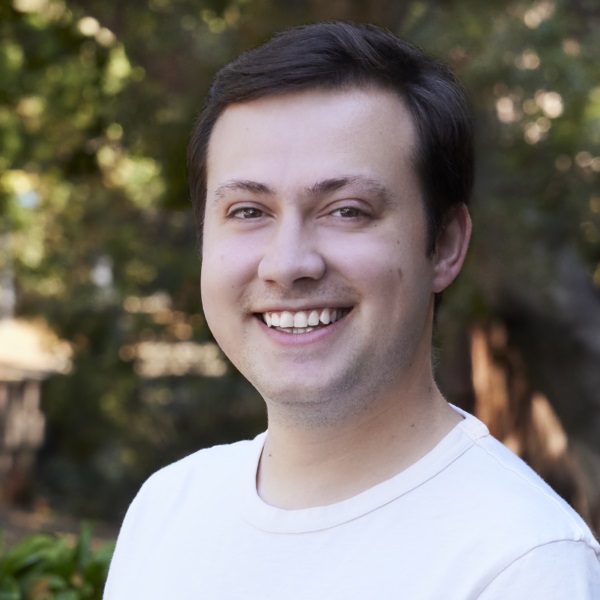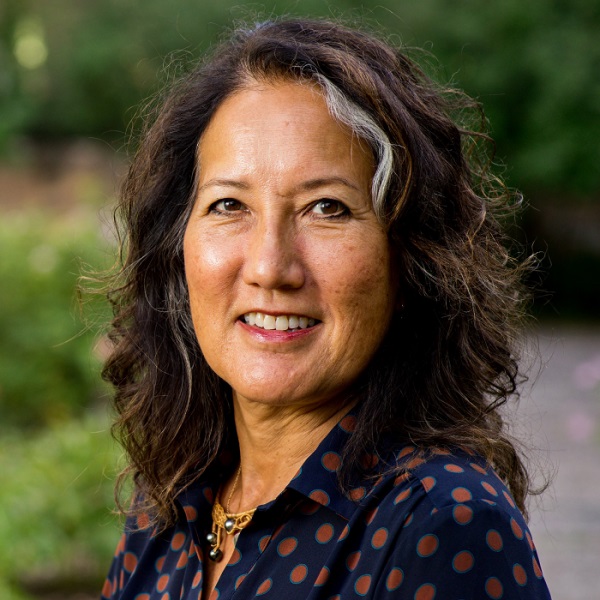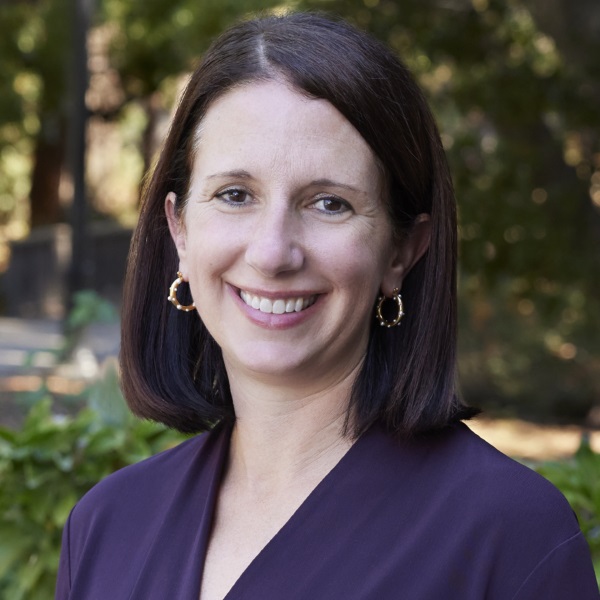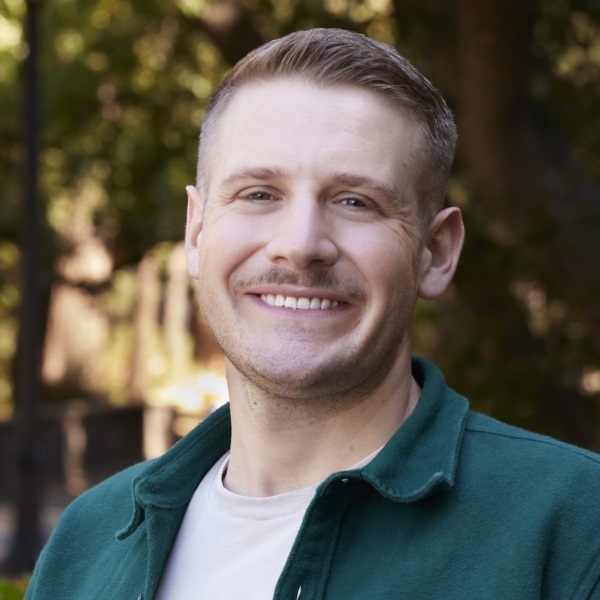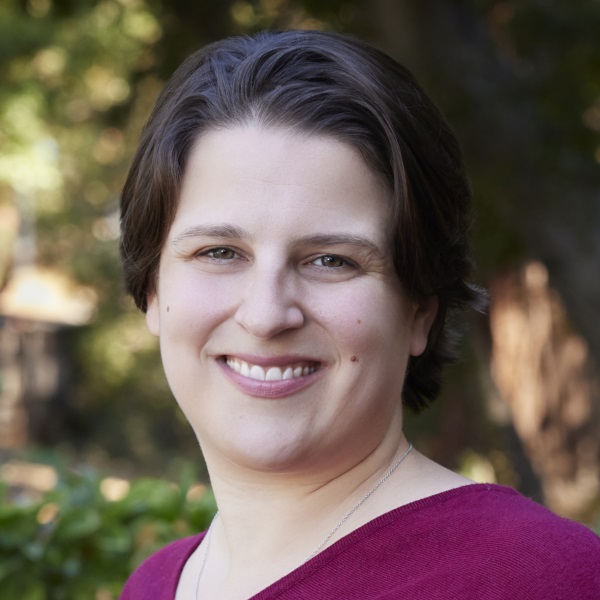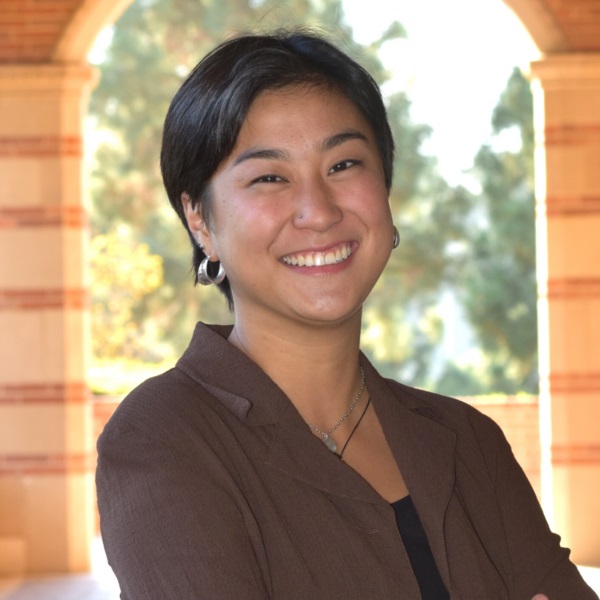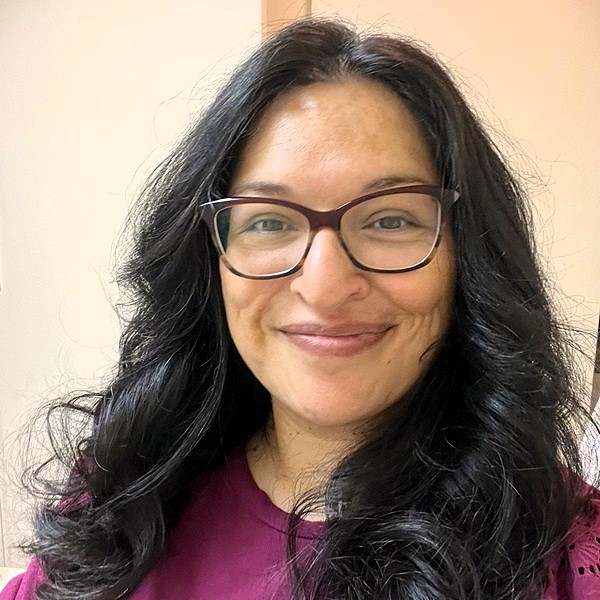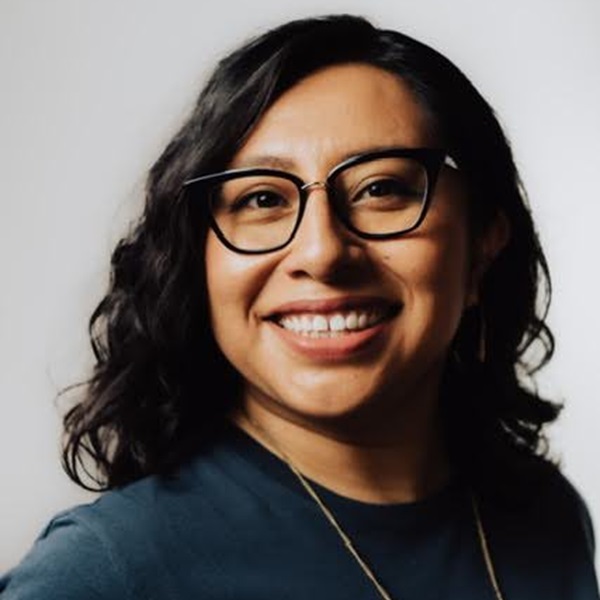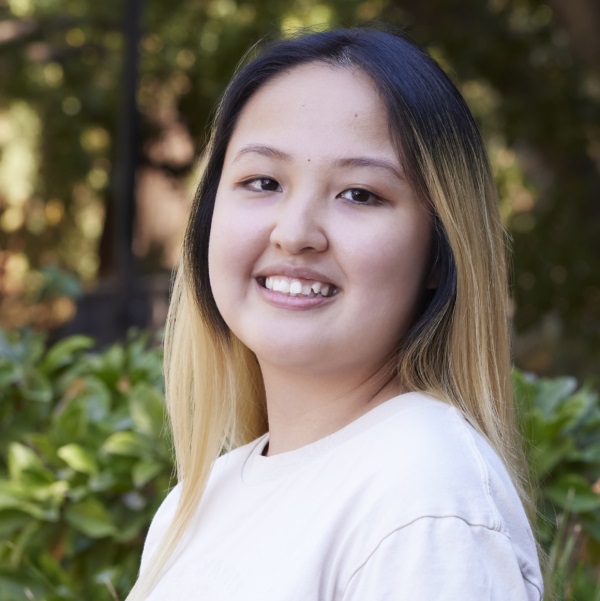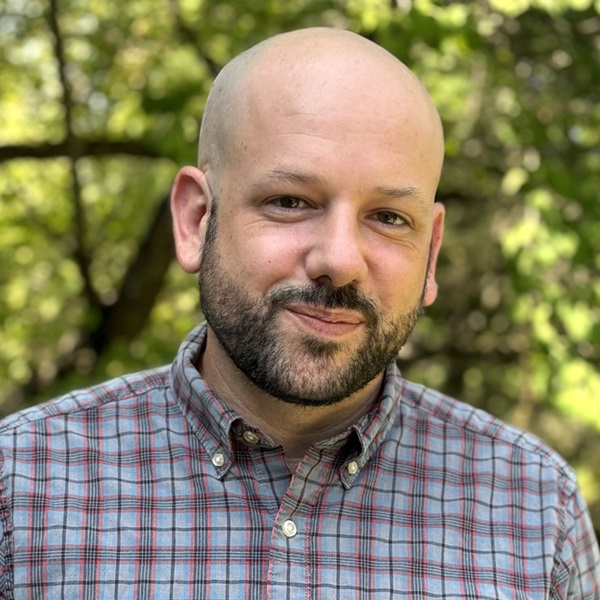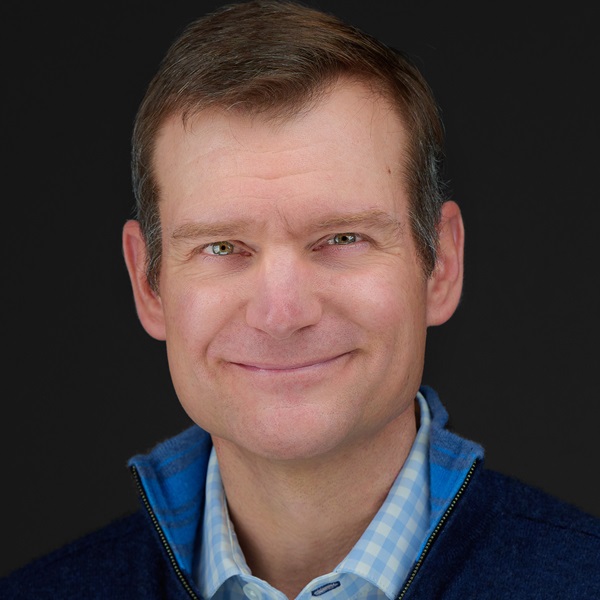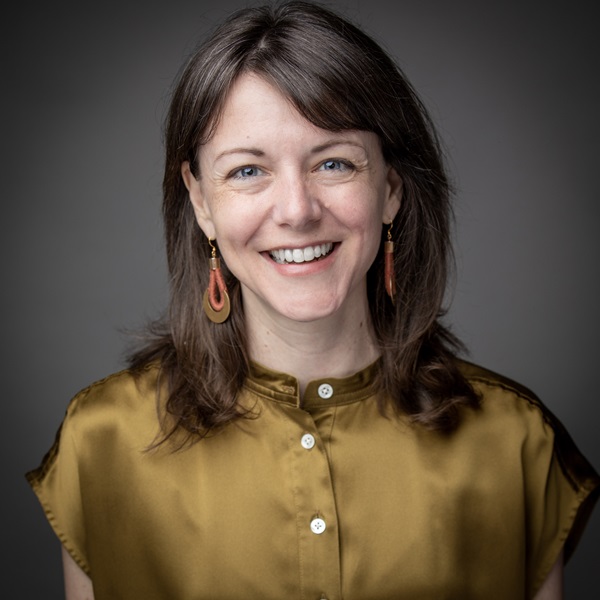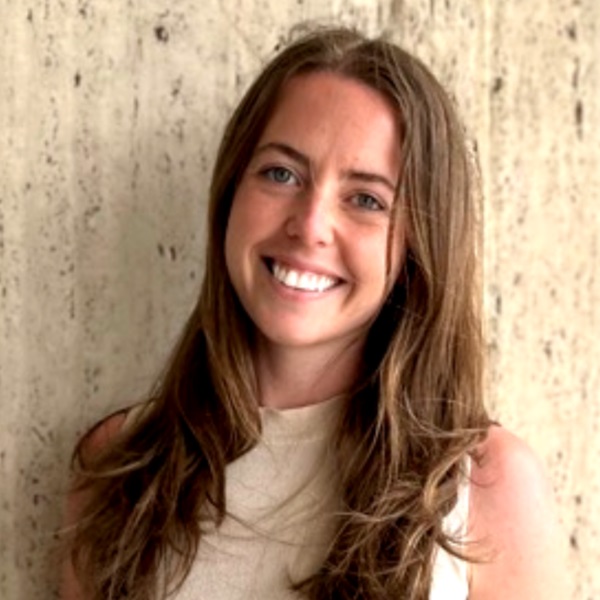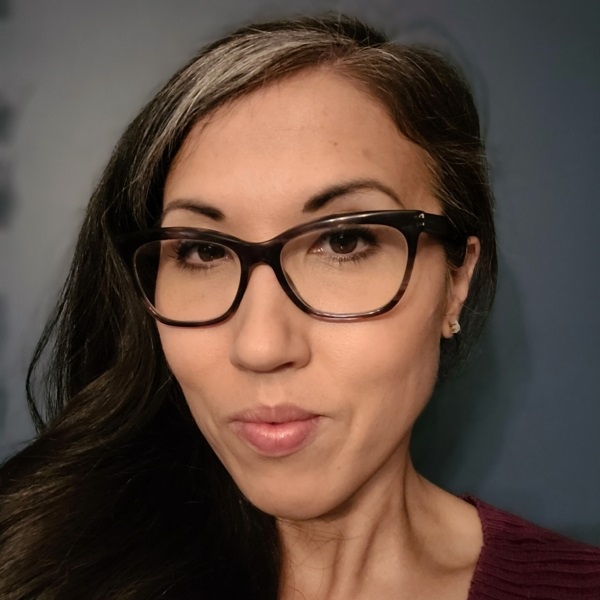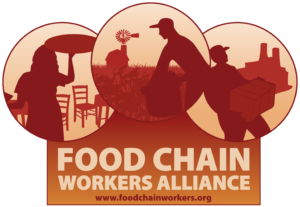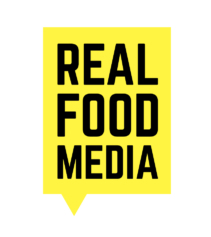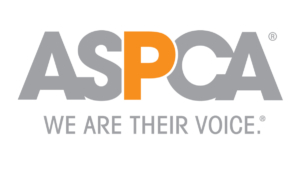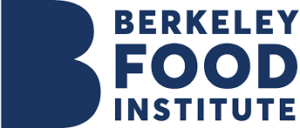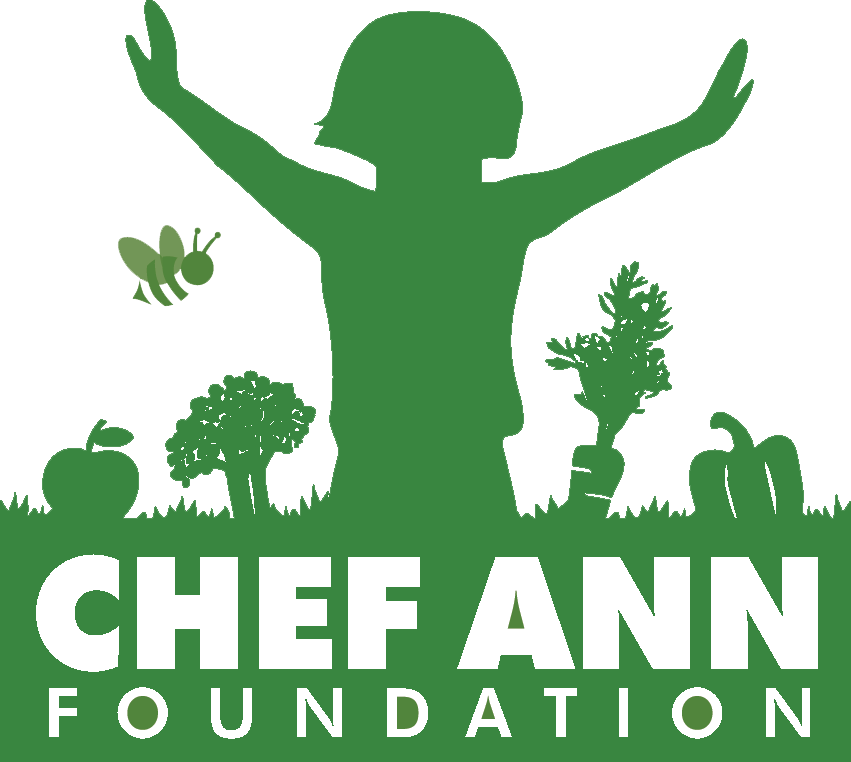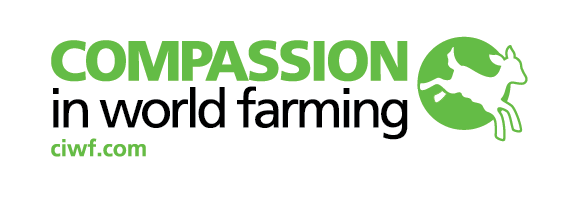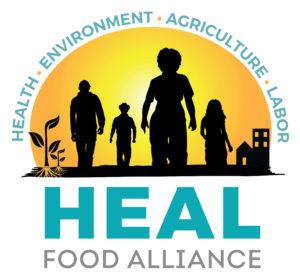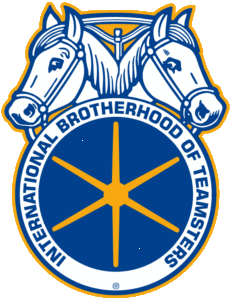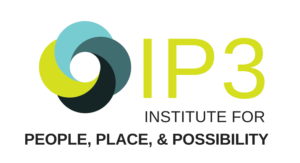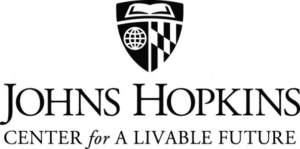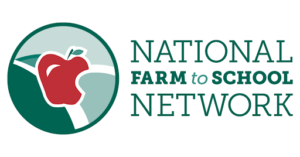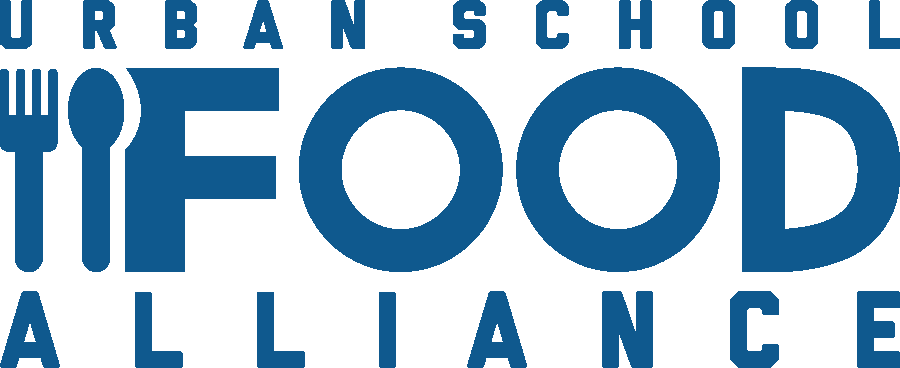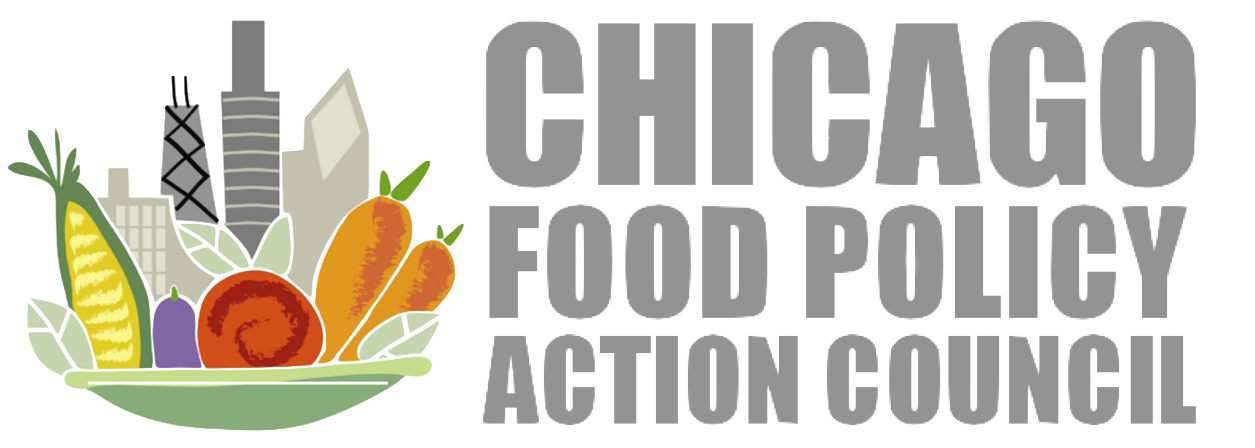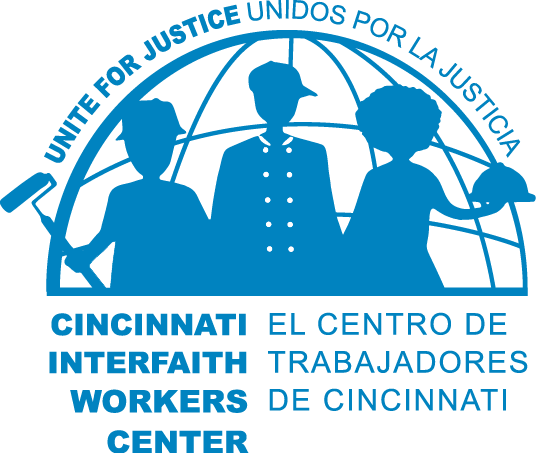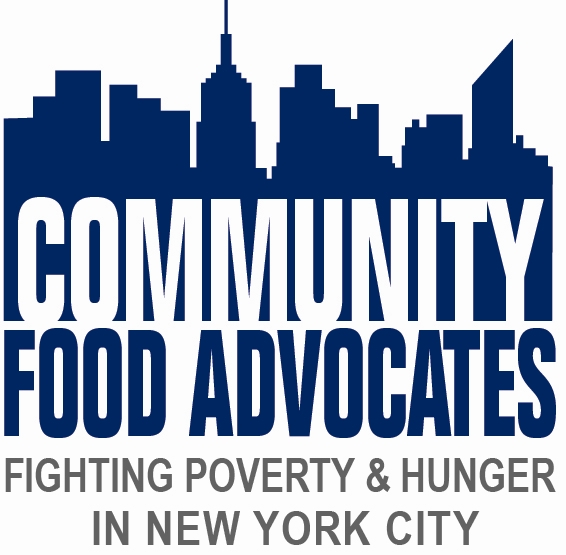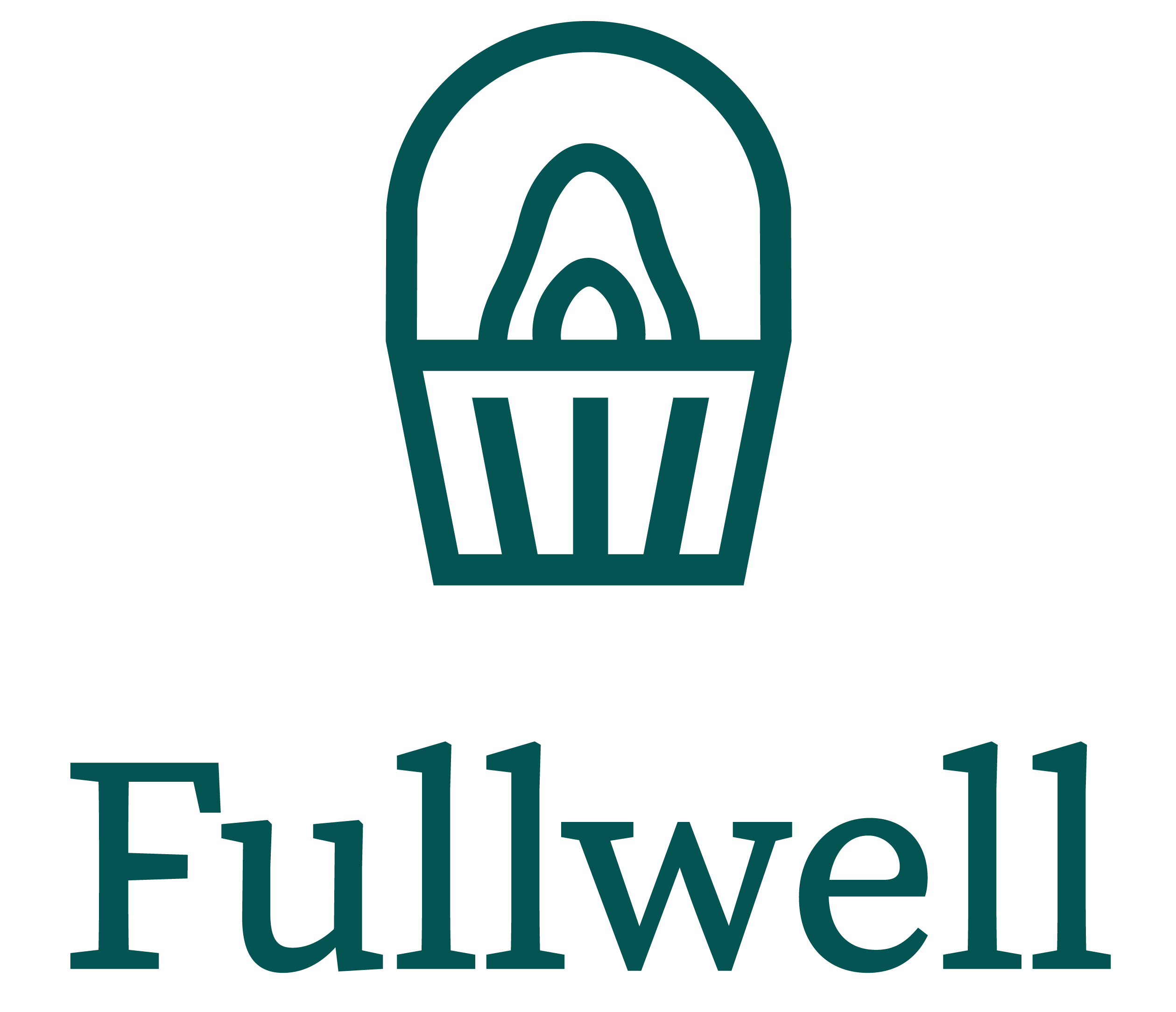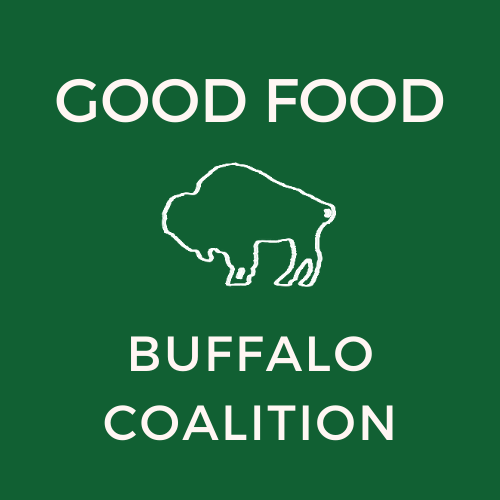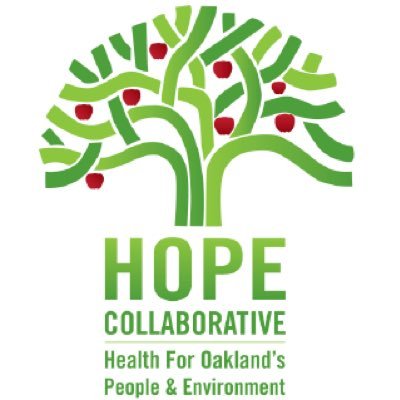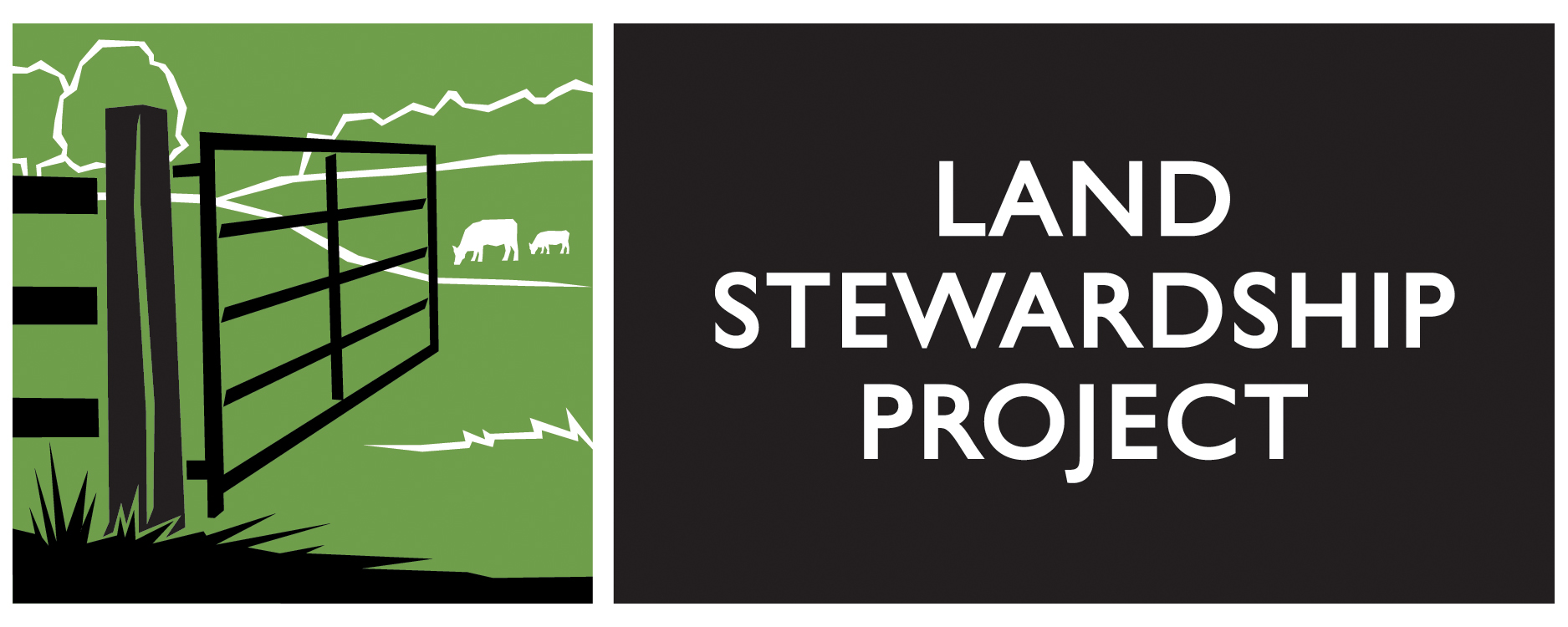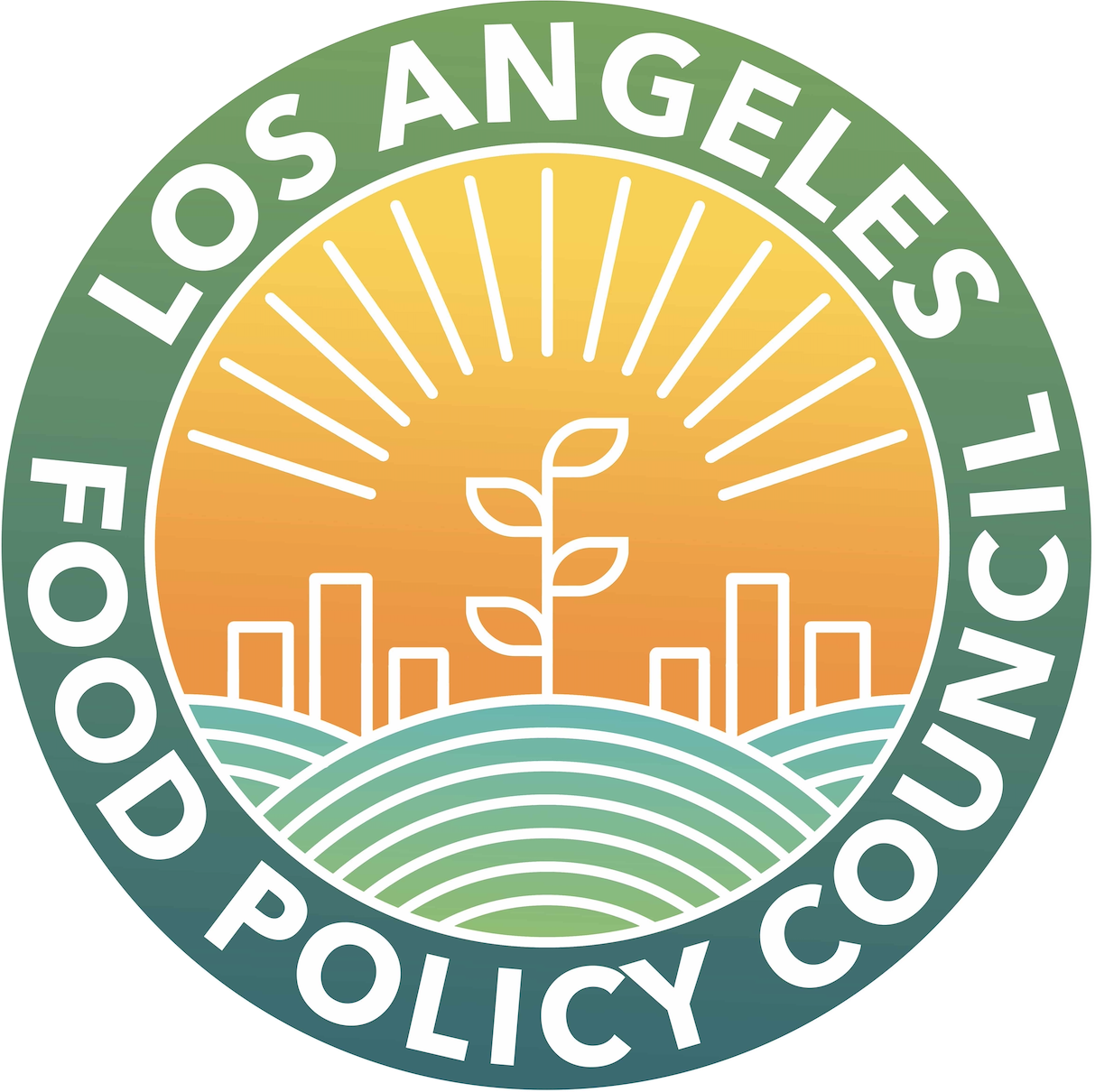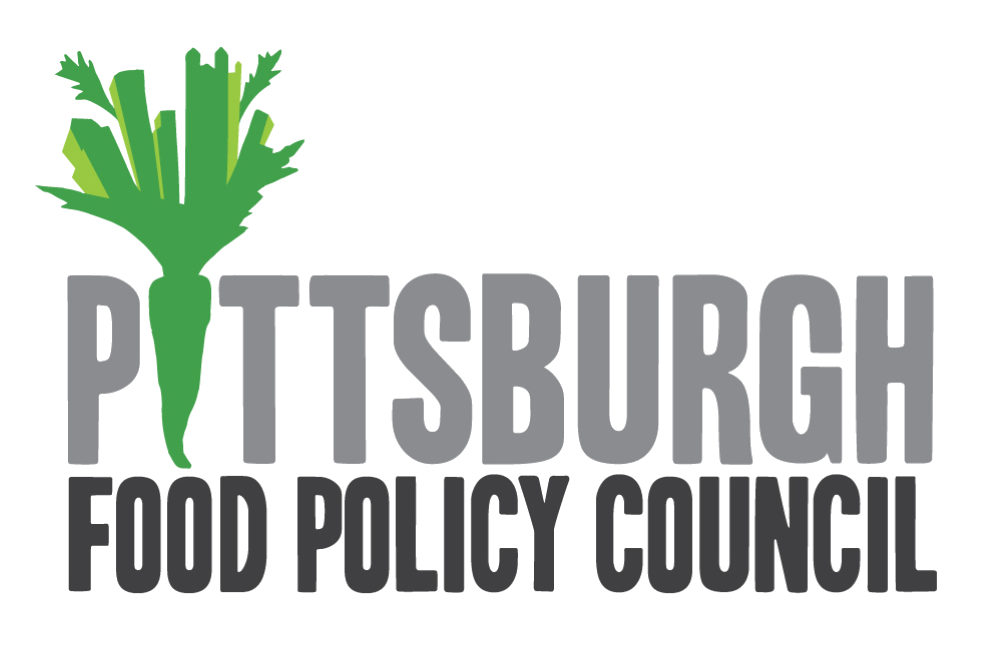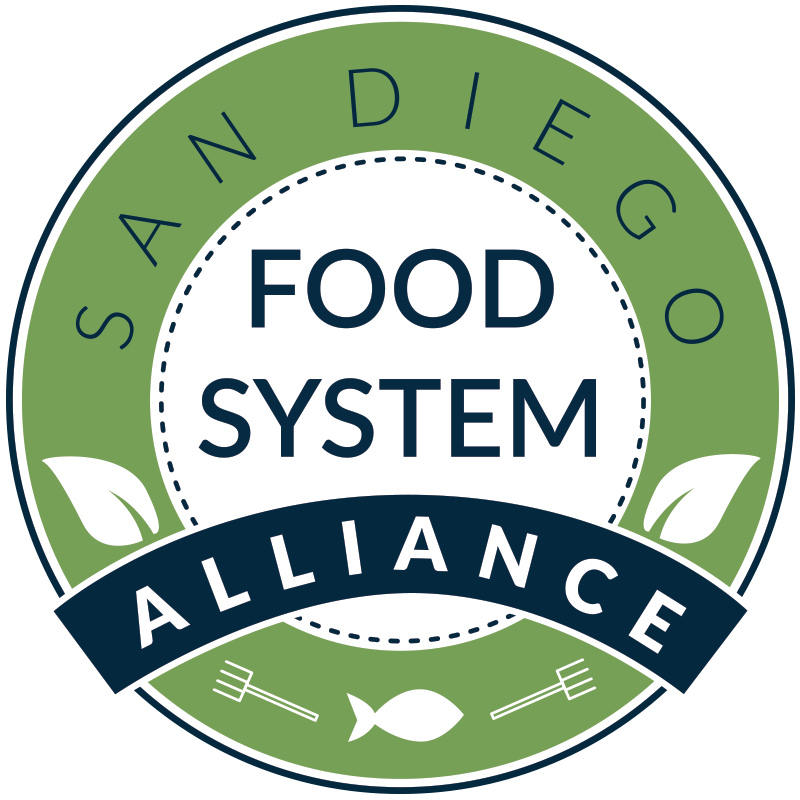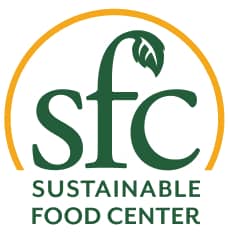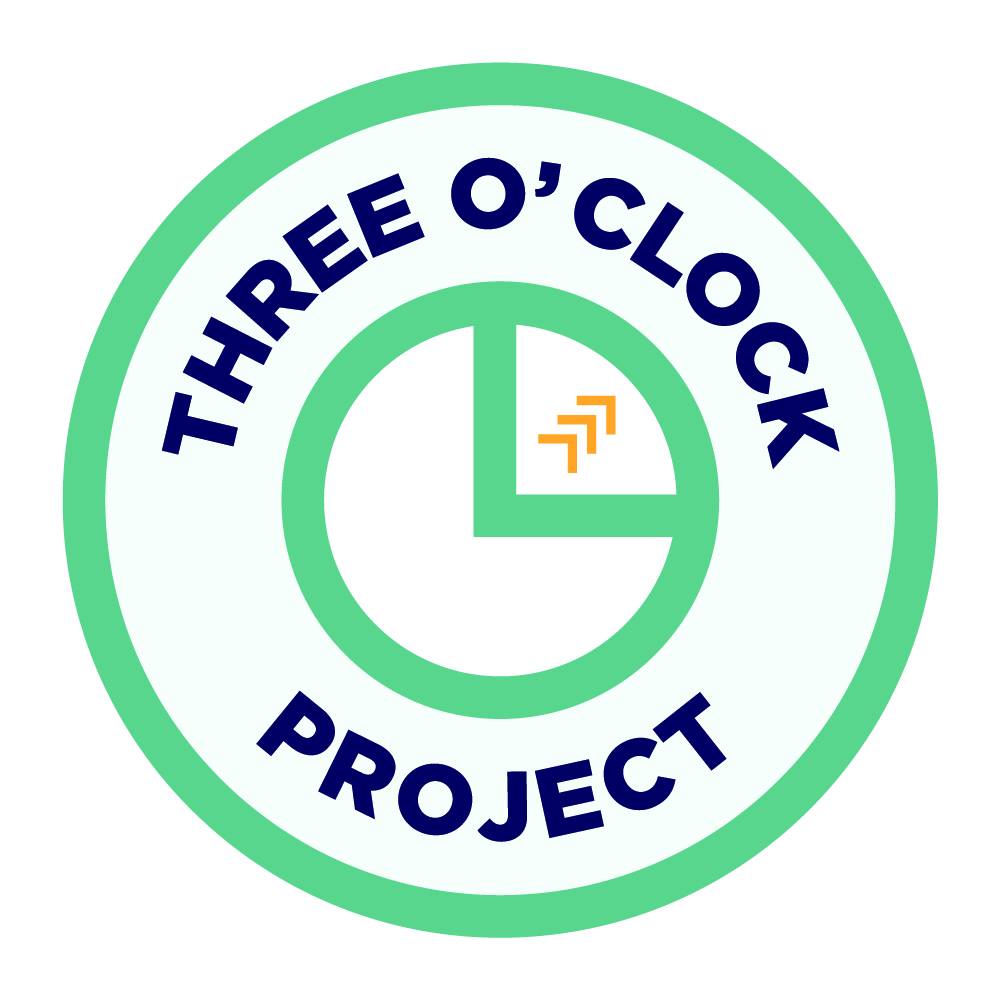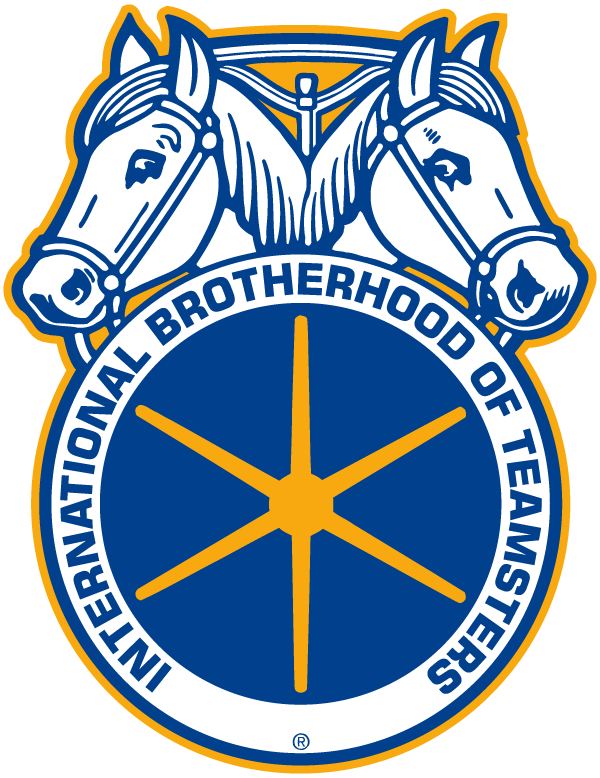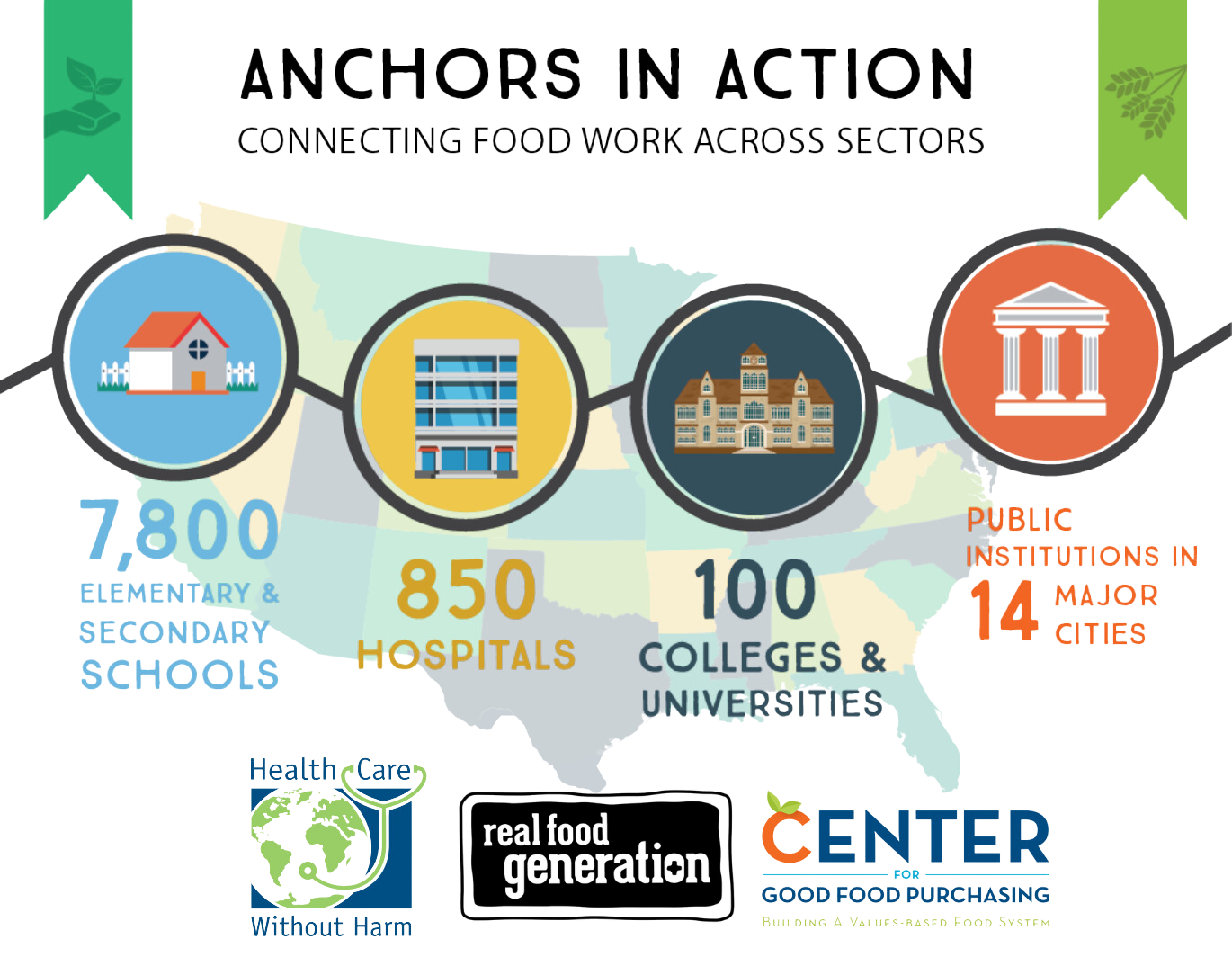WHO WE ARE
The Center for Good Food Purchasing uses the power of procurement to create a transparent and equitable food system that prioritizes the health and well-being of people, animals, and the environment. We do this through the nationally-networked adoption and implementation of the Good Food Purchasing Program by major institutions.
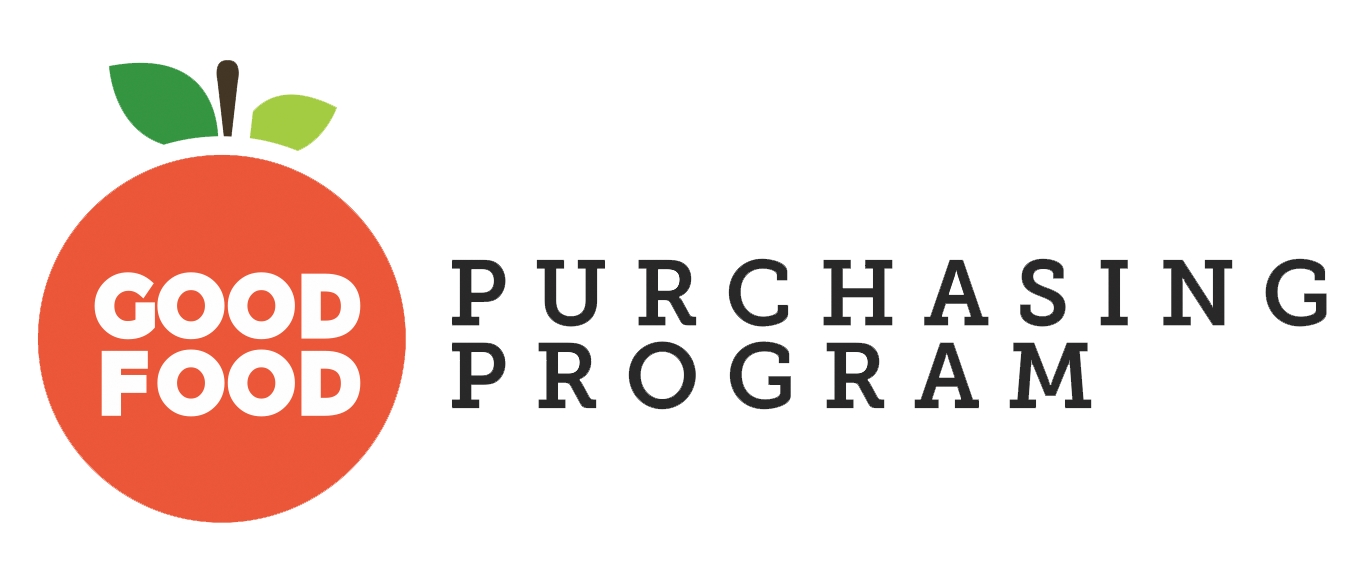
WHAT WE DO
The Center manages the Good Food Purchasing Program, working with large-scale purchasers to center Good Food values in their operations and decision-making and increase their purchases of Good Food through technical assistance, reporting, relationship-building and peer learning.
The Center works with national partners and local grassroots coalitions in cities across the United States to build a cohesive movement in support of Good Food purchasing and to ground Good Food Purchasing Program efforts in community priorities.
“Governments have few sources of leverage over increasingly globalized food systems – but public procurement is one of them. When sourcing food for schools, hospitals and public administrations, governments have a rare opportunity to support more nutritious diets and more sustainable food systems in one fell swoop.”
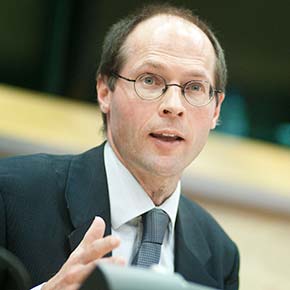 Olivier De Schutter, U.N. Special Rapporteur on the Right to Food (2014)
Olivier De Schutter, U.N. Special Rapporteur on the Right to Food (2014)HOW WE WORK
A just and more regenerative food system is possible when we face the same direction together. The Good Food Purchasing Program unites stakeholders from across the food system around shared values and strategy.
TOGETHER, WE:
Expand public institutions’ commitments to Good Food values and equity, accountability, and transparency in food purchasing
- Increase Good Food purchases within and across institutions
Build power to accelerate food systems transformation by uniting around a shared vision
OUR TEAM
STAFF
As Chief Operating Officer, TIFFANY CHEUNG oversees daily operations and implementation of the Center’s strategic plan. She drives organizational evolution and is responsible for finance, business strategy, HR, operations, and technology functions. Tiffany has over 15 years of experience in the nonprofit and private sectors, where she has helped teams realize their shared vision while cultivating a culture of collaboration.
Before joining the Center, Tiffany was Director of Finance Transformation at Sony Pictures, where she oversaw the company’s portfolio of Finance and Procurement projects. She also led global projects to increase operational effectiveness, managing teams on the ground in Europe, Asia, and the Americas.
Tiffany cares deeply about promoting healthy and vibrant individuals, communities, and ecosystems. She is a Board Member of W.O.M.A.N., Inc., where she volunteered for five years supporting survivors of domestic violence. She finds joy in spending quality time with trees and books, performing improv at the local theater, spontaneously dancing, and visiting the farmers market.
PETER COHEN joined the Center for Good Food Purchasing in 2021 as an Analyst. He works with institutions to collect and analyze purchasing data, track progress towards Program goals, and shift sourcing to increase Program performance. His previous food system experience includes an AmeriCorps term in Oregon focused on rural broadband access for family farmers, supporting disruptive startups for a food incubator in the Bay Area, and conducting research for a local food policy council in Orange County, NC. He is passionate about the intersection of sustainable food systems and local economic development. Peter is a 2020 graduate of the University of North Carolina-Chapel Hill, where he majored in Public Policy and Food Studies with a minor in Environmental Science.
PAULA DANIELS is Co-founder, Chief of What’s Next, and Founding Chair of the Center for Good Food Purchasing, a social enterprise non-profit founded in July of 2015 as a national spin-off from the Los Angeles Food Policy Council, which Paula founded in 2011.
After decades as a successful private sector attorney, Paula transitioned to a full time role in the public and social sectors. Her areas of leadership are in environmental food and water policy.
Paula served as Senior Advisor on Food Policy to Mayor Villaraigosa of Los Angeles; as a Los Angeles Public Works Commissioner (a full-time executive position overseeing a large city department); a commissioner with the California Coastal Commission; board member of the California Bay-Delta Authority (overseeing the California State Water Project); and as a commissioner with the California Water Commission.
She has notable academic appointments and fellowship awards for her social sector work, including: the Ashoka Fellowship (2018); the Resident Fellowship at the Bellagio Center of the Rockefeller Foundation (2016); the Stanton Fellowship of the Durfee Foundation (2012-2013); the Pritzker Environment and Sustainability Education Fellow at the UCLA Institute of the Environment and Sustainability (2015); the Lee Chair in Real Estate Law and Urban Planning at UC Berkeley (2013); Top Ten People Making LA a Better Place (LA Weekly, 2012); Environmental Leadership Award (California League of Conservation Voters, 2005); Super Healer Award (Heal the Bay, 1991). Paula is a registered Native Hawaiʻian and an avid outrigger canoe paddler.
MICHAEL LOPER joined the Center for Good Food Purchasing as an Analyst in 2021. He is responsible for analyzing procurement data and sharing evaluation results with institutional partners to facilitate actionable and measurable food sourcing improvements. Previously, Michael worked as a Health Program Analyst with the Los Angeles County Department of Public Health where he was responsible for data management and analysis related to the County’s COVID-19 pandemic response. He holds a Master of Public Health (MPH), Master of Urban and Regional Planning (MURP), and Food Studies Graduate Certificate from UCLA and is dedicated to promoting just and equitable food systems as reflected through his internship experience with the Los Angeles Food Policy Council and Los Angeles County Sodium Reduction Initiative.
COLLEEN MCKINNEY is the Director of Engagement for the Center for Good Food Purchasing, where her focus is on the successful expansion and implementation of the Good Food Purchasing Program. She enhances program processes and infrastructure, facilitates individual and group technical assistance, oversees supply chain monitoring and verification, and contributes to strategic direction of the Center, including expansion, coordination with Governing Board and national campaign committee, resource development, branding and website development, and administration. Previously, she contributed to the Good Food Purchasing Program as a Policy & Program Associate at the Los Angeles Food Policy Council. She holds a Master’s in Public Policy from the University of Southern California.
IKUKO NAKANO is an Executive Assistant supporting the administrative needs for the Co-Founder and Founding Chair of the Center, including collaborating with the wider Center for Good Food Purchasing team to ensure projects and administrative priorities are completed efficiently.
Ikuko has worked as an intern at the Los Angeles Food Policy Council, improving operational efficiencies, internal protocols, and presentation development. She has experience with project and administrative management through student sustainability engineering teams and as President of Bruin Shelter. She grew her interest in food systems through previous experience as the Interim Manager of the Playa Vista Farmers’ Market and through working on a farm in Southern Vermont. She is motivated to use her experience in management to support efforts towards more local, diverse, sustainable, and Good food systems.
She is a 2023 graduate of the University of California, Los Angeles, with a B.S. in Civil Engineering and a certificate in Food Studies.
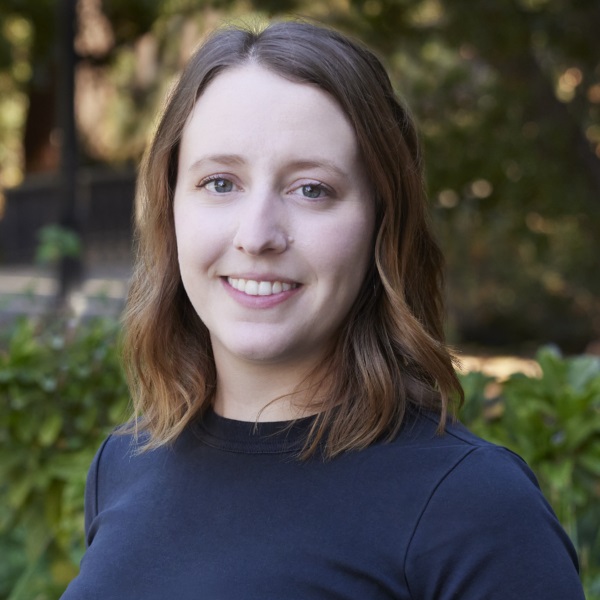
AMY NELMS enthusiastically joined the Center for Good Food Purchasing in June 2023 as a Policy Fellow. She works with advocates across the country to identify local, state, and federal opportunities to support values-aligned procurement. Previous to the Center, Amy worked as a Senior SNAP Policy Associate at the Center for Science in the Public Interest and as the Director of Healthy Food Incentives at Nourish Colorado where she also launched Double Up Food Bucks Colorado, a SNAP Nutrition Incentive Program. Ultimately, Amy tries to approach policy making creatively, believing that communities oftentimes know and vocalize what they need. As a policy advocate she aims to make shifts that offer more resources and opportunities to create the food system communities envision for themselves. When she isn’t working, you might find her hiking on the trails, hanging out with her mini schnauzer, Rex, or baking a pie. She is currently based in Lansing, MI.
SANDY OLINGA joined the Center for Good Food Purchasing in 2023 as the Finance and Contracts Manager. Working with the Operations, Finance, and Development team, Sandy is responsible for financial, contracts, and grants management. Sandy is passionate about sustainable and socially responsible food systems. Previous experience includes working with her local economic development authority to support entrepreneurs and small business owners as a Grants and Accounting Manager. Sandy also worked for the Emergency Management Department for her residential county. As an Analyst for the Emergency Management Department, Sandy was responsible for tracking all budgets and projects and developing procedures for internal procurement processes and tracking multiple grant budgets for the Preparedness Division exceeding over $8.5 million. Sandy has a Bachelor of Science in Biology from the University of California, Riverside and a Master of Business Administration from University of Phoenix.
MAYRA JAIMES PENA joined the Center for Good Food Purchasing in 2024 as Operations Coordinator before quickly advancing to the role of Senior Operations Specialist. Collaborating closely with the Core Mission support team, she works to strategically improve the organization’s systems and daily operations. Mayra is deeply passionate about creating organizational ecosystems that enable people to thrive and brings over 15 years of professional experience working with labor unions, social justice nonprofits, and immigrant communities to create leadership development and workforce programs. An LA native and a graduate of California State University, Los Angeles, Mayra currently resides in Oakland, CA, and enjoys hiking and reading fiction.
VY PHAM is an Analyst at the Center for Good Food Purchasing, having joined in August 2023. With a strong focus on data-driven insights, she informs procurement decisions and conducts supply chain analysis, presenting valuable insights to key stakeholders. Prior to this role, Vy served as a Data Cleaning Assistant at the Center, contributing to the standardization of food databases for the Assessment & Analytics team. She also gained experience as a Data Analyst at Senken, a carbon credit company, where she adeptly transformed raw data into a user-friendly platform. Vy’s passion for data analysis stems from her belief in its potential to generate meaningful solutions for global challenges. She graduated in 2022 from the University of North Carolina-Chapel Hill, majoring in Environmental Science with a concentration in Quantitative Energy Track.
JON POLLEY joined the Center for Good Food Purchasing in the summer of 2024 as the Institutional Impact Manager. In this role, Jon provides holistic support to the operators and institutions working to align their purchasing decisions with GFPP values, dedicated to amplifying and celebrating their successes.
Prior to joining the Center, Jon spent two decades as a chef and manager in kitchens throughout Pittsburgh, PA. From his roots at a family-owned Italian bakery/cafe to leading the institutional kitchens of UPMC hospitals, Jon is a passionate champion of sustainable ingredients, local producers, food waste reduction, and staff empowerment. His enthusiastic belief in the transformative power of food has led to many talks throughout the state and country. A graduate of the University of Pittsburgh with a degree in Economics, Jon is an avid fan of the Steelers, science fiction novels, and spending as much time as possible outdoors.
SCOTT RICHARDSON is Director of Data Insights, leading the Assessment and Analytics team that manages, analyzes, and reports on the Center’s Program data to drive systems change and communicate impact related to Good Food purchasing shifts within participating institutions and across regions.
Scott has over 20 years of experience in the nonprofit and private sectors. Before joining the Center, Scott was cofounder and partner at Northbound Ventures Consulting, a consultancy focused on food systems, outdoor recreation, population health, and community economic revitalization. Prior to that role, he served as the Director of Research and Strategic Initiatives for Project Bread – The Walk for Hunger, and as a management consultant with Root Cause Consulting, where he advised foundations, nonprofit organizations, and municipalities on social impact strategy and evaluation. Scott’s work to improve public school nutrition has been documented in several academic journals, and he continues to advocate for innovative pilot programs aimed at improving student dietary health to increase evidence-based best practices adoption across the sector.
Scott holds a PhD in Population Health Sciences from the Harvard T.H. Chan School of Public Health, an MBA from the F.W. Olin Graduate School of Business at Babson College, a BA in Psychology from Rutgers College, and a Certificate in Sustainable Food Systems Leadership from the University of Vermont. In addition to sustainable food systems, Scott is passionate about outdoor recreation on land and water. He is an avid trail runner, mountain biker, and backcountry skier, and is a registered Maine sea kayak guide.
MOLLY RIORDAN is the Director of Institutional Impact at the Center for Good Food Purchasing, supporting institutions and their vendors to align their food purchases with the Center’s values. Molly has worked in institutional procurement and value chain coordination for over a decade, and has a deep understanding of the complexities and potential for values adoption by public institutions, vendors, and suppliers. Prior to joining the Center, Molly supported hospital food procurement with Health Care Without Harm, and was the City of Philadelphia’s Good Food Purchasing Coordinator, co-housed in the departments of Public Health and Procurement. She holds a Master of Regional Planning (MRP) from Cornell University and is Chair of the American Planning Association’s Food Systems Planning Division.
BELLA STEINHAUER joined the Center for Good Food Purchasing in 2023 as an Analyst. She works with institutions to analyze procurement data, assess GFPP baseline and annual value scoring, and enable action planning to shift toward local, equitable, and sustainable institutional food purchasing. Previously, Bella worked for a Singapore-based startup that delivers design thinking and social entrepreneurship education focused on achieving UN Sustainable Development Goals in Southeast Asia. For her graduate practicum project, Bella worked with IPES-Food to conduct research on local food policy plans across the US and globally to demonstrate how signatories to the Glasgow Food and Climate Declaration are exceeding national commitments to address climate change through food policies. She holds a Master in Public Affairs from the LBJ School of Public Affairs at the University of Texas at Austin, and is deeply passionate about driving food systems transformation to achieve climate justice.
LAUREN TANIGUCHI joined the Center for Good Food Purchasing as Communications Manager in 2023. She supports the Center’s efforts to share stories and messaging that engages key audiences and mobilizes support for a just and equitable food system. Previously, Lauren steered media coverage as an editor with Mashable and city editor/staff writer with NJ.com. Her background also includes experience in the nonprofit sector in Philadelphia, Pa., and nearly a decade working in education as coordinator of communications and grants for a regional school district in New Jersey. Lauren is an alumna of Saint Joseph’s University, where she studied English, Gender Studies, and Spanish Language and Literature.
BOARD
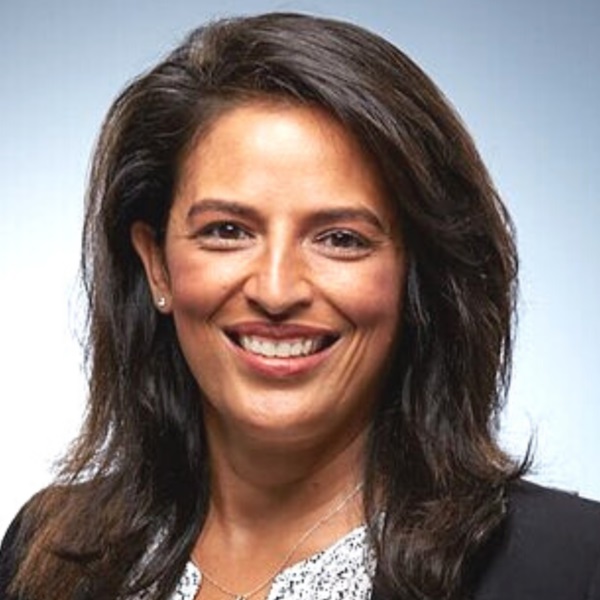
TINA CASTRO is a Managing Partner and co-founder of Avivar Capital, bringing over 15 years of experience in the fields of finance and investment management. Tina co-leads the firm’s overall business activities and serves as an impact investment advisor to Avivar’s clients providing guidance on the development and execution of impact investing portfolios and funds.
Prior to founding Avivar, Tina spent more than five years as the Director of Impact Investing for The California Endowment (TCE) and prior to that, six years in the Investment Management Division at Goldman, Sachs & Co. At TCE, a health-focused private foundation with over $3 billion in assets, Tina developed financing vehicles and strategies that delivered solid financial returns, leveraged significant additional investment capital and supported TCE’s Building Healthy Communities goals. This included the California FreshWorks Fund, a $272 million public-private partnership loan fund to finance supermarkets and other forms of healthy food retail in underserved communities throughout the state as well as TCE’s $101 million Program-Related Investment portfolio focused on healthy food retail, community health centers, affordable housing and community lending.
Tina has designed and built impact investing portfolios and funds on behalf of clients ranging from large national and regional private foundations to local community foundations including authoring Impact Investing Policy Statements, Impact Investing Procedures Manuals and designing social and financial tracking systems using customized dashboards as well as conventional portfolio management systems.
Tina is a CFA Charterholder, has an MBA in Finance from the UCLA Anderson School of Management and an MA in International Affairs with a focus in International Business from the University of Miami. She earned a BA Cum Laude in International Relations with a focus in Latin America from the University of Colorado at Boulder. Tina currently sits on the board of Aeris Insight and is an Adjunct Instructor co-teaching a graduate course on impact investing at USC.
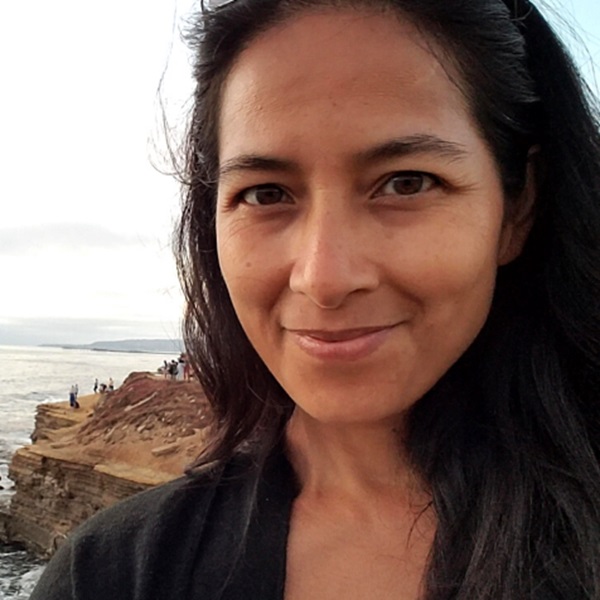
ELIZABETH REYNOSO is an Associate Director at Living Cities where she is a senior leader responsible for managing the resources and results of a collaborative of the world’s leading foundations and financial institutions. Since 2015 she has been working with mayors and their staff in the development of public sector strategies, including equitable contracting and inclusive procurement, to close racial income and wealth gaps.
With a background in social justice, economic development, and farming, Elizabeth developed policies and programs to increase food security for residents when she served as the first Food Policy Director for the City of Newark, NJ under then-Mayor Cory Booker. During her tenure she created a citywide umbrella campaign that increased SNAP redemption and farmer revenue by 125%. She also established NJ’s largest urban farm on public land, at that time, which provided training and jobs for formerly incarcerated. She continued to serve the city as the Acting Sustainability Director in the Baraka administration.
Elizabeth began her career in international human rights with Human Rights Watch and lived abroad for several years before focusing domestically on criminal justice issues through her media and advocacy work. In the Frontline series, The Drug Wars, her team won a Peabody for its 30-year history of US drug policy and its effect on the world economy and US foreign policy. With the New Jersey Institute for Social Justice, Elizabeth’s on-the-ground work led to a package of prisoner reentry bills passed by the NJ State Legislature in 2010 that was hailed by the New York Times as “a model for the nation”. Elizabeth managed a Department of Labor Pathways Out of Poverty grant for Goodwill Industries International to provide green jobs training in the solar, construction, and energy-efficiency industries to low-income individuals in six major cities around the country.
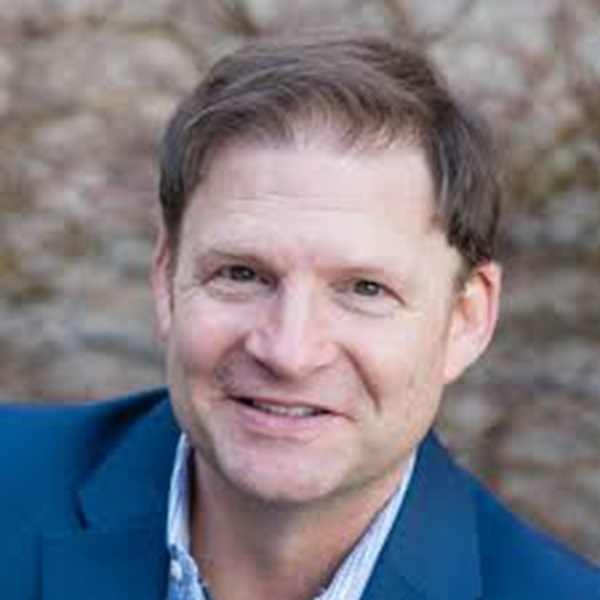
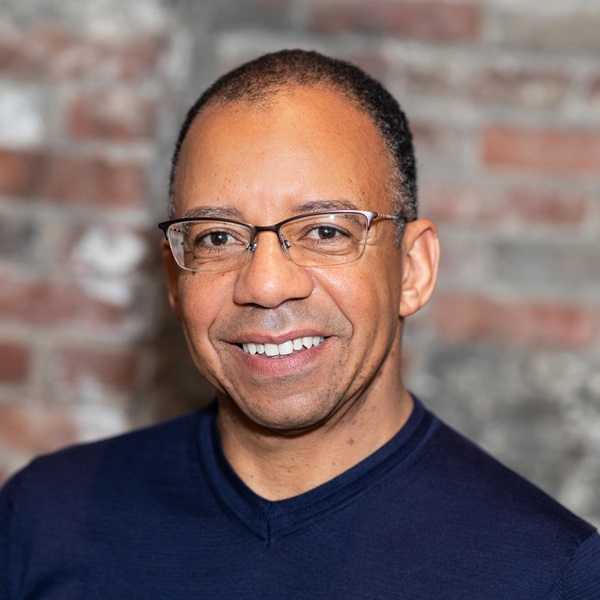
MARK WATSON is Co-Founder and President of Potlikker Capital, a farm community governed charitable integrated capital fund dedicated to supporting BIPOC farmers at the intersection of racial and climate justice. He is also the founder of Keel Asset Management LLC, a financial advisory firm that provides socially responsible financial planning and investment advisory services to nonprofits and public and corporation pension plans.
Watson started his career as a banker at the First National Bank of Chicago (now JPMorgan Chase) in commercial banking and corporate and public finance. He had a 35-year career which included managing investment portfolios for foundations, endowments, and private and public pensions funds. Watson also co-designed and helped to launch and manage The Boston Impact Initiative Fund, an integrated racial justice capital fund which deployed capital to BIPOC entrepreneurs.
He serves as an advisory board member of MIT/Health Innovation Systems Inc., a steering committee member of Transformative Investors in Food Systems (TIFS), a director of Winrock International, and a board chair of Possibility Labs. Watson holds a Bachelor of Science in Finance from the University of Illinois Urbana-Champaign and a master’s degree in Business Administration from the University of Chicago Booth School of Business.
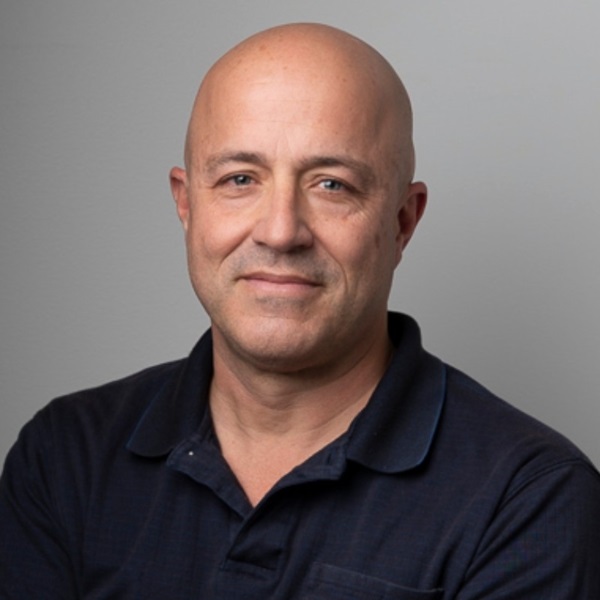
Wood brings over 20 years of experience in corporate sustainability, environmental management, and consumer engagement. Most recently, he was on the executive team at organic yogurt pioneer Stonyfield Farm as the company’s VP Sustainability Innovation. Prior to that, he was founding executive director of Climate Counts, an international NGO focused on measuring and scoring the world’s largest consumer companies on their concrete, enterprise-level responses to climate change. Wood has consulted to brands, elected officials, and public agencies on mobilizing the public around ideas that improve the environment and build community, including the start-up of a groundbreaking curbside food waste recovery program, the expansion of carshare program access to underrepresented communities in the Puget Sound area and Los Angeles, development of an early shuttle program for Bay Area biotech workers, and a citizen engagement program that nearly resulted in innovative fixed-rail for Seattle. Early in his career, he worked with the plastics industry in the policy and product stewardship arenas and was later instrumental in developing Urban Ecology’s “Blueprint for a Sustainable Bay Area.” He worked for many years on the alignment of economic and recreation demands with wetland, riparian, and wildlife corridor conservation in the Pacific Northwest.
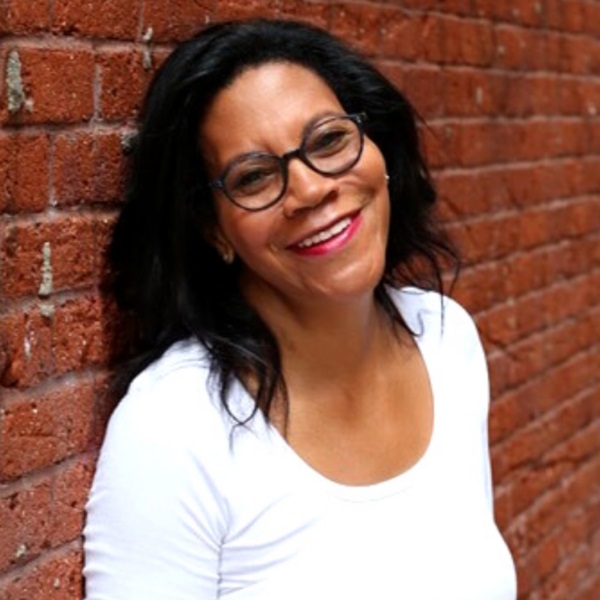
Karen E. Watson is a strategic marketing and communications consultant whose practice centers on using consumer market research, advertising techniques, and stakeholder coalition building to create greater public demand for healthier behaviors and the adoption of new cultural norms.
Watson established a business vertical at Nielsen to sell data, analytics and solutions to the government and public sector in order to match the interests of public policy entities, domestic and global, to Nielsen’s broad array of information and services. She was the primary driver behind the innovative “Drink Up” project, a national public health campaign to encourage Americans to drink more water. Before that role, she was Chief Communications Officer at Nielsen.
Watson has more than 30 years of experience in policy, public affairs, government relations, media and marketing. As head of the public policy office for Echostar, during the introduction of satellite TV, she advocated for competitive choice for consumers. As chief communications officer for the FCC during the mid 90’s, she translated complicated communications policies during the revision of the 1930 Telecommunications Act, Watson’s early career was as a journalist for PBS, National Public Radio and The MacNeil/Lehrer Report.
Watson also currently holds a title as visiting researcher at Imperial College Business School in London, where she works at The Centre for Health Economics and Policy Innovation. She has lectured graduate students at McGill University, Tufts Friedman School of Nutrition Science and Policy and Columbia University.
She is an investor in Farmer’s Fridge and a board member of the Gold Foundation and an advisory board member of several food and tech startups. She also advises Esther Dyson’s Wellville initiatve and the Obama Foundation’s effort on Civic engagement.
PARTNERS
In cities across the country, the Center for Good Food Purchasing works with a network of cross-sector partners at the national and local levels to expand the reach and impact of the Good Food Purchasing Program.
NATIONAL PARTNERS
Core national partners include Food Chain Workers Alliance and Real Food Media.
Leading national food and farm organizations support expansion by sharing expertise and resources on advocacy, policy, the program values, research, impact evaluation, communications, coalition building and much more.
PROGRAM REACH
 = ACTIVE CAMPAIGNS
= ACTIVE CAMPAIGNS
 = POLICY ADOPTIONS
= POLICY ADOPTIONS
LOCAL PARTNERS, CAMPAIGNS, AND POLICY ADOPTIONS
Adoption of a policy by an institution’s governing body (e.g. City Council, school board, board of supervisors) is a critical step in Good Food Purchasing Program adoption. Through policy, institutions commit to Good Food values and transparent, equitable, and accountable implementation through Good Food Purchasing Program participation.
Cross-sectoral, community-based local coalitions help ensure that Program adoption and implementation in a city or region reflects community priorities and complements the existing work and expertise on the ground in that city, advancing campaigns that seek institutional commitments to Good Food Purchasing or address barriers to meeting commitments.
Administrators within local government help facilitate effective implementation of policy commitments by coordinating across departments and with community-based coalitions, eaters at impacted meal programs, and other impacted stakeholders.
Institutions that enroll in the Good Food Purchasing Program commit to meeting the baseline standard in each of the Program’s five values, incorporating the Good Food Purchasing Standards and reporting requirements into solicitations and contracts, establishing supply chain transparency to verify performance, and reporting on progress annually.
ENROLLED INSTITUTIONS
ANCHORS IN ACTION
Learn more about Anchors in Action, an alliance with Health Care Without Harm and Real Food Challenge that aims to drive food system change by unifying demand within and across institutional networks for supply chains that benefit all people, especially underserved and marginalized communities.
OUR SUPPORTERS
Support for the Center for Good Food Purchasing is provided in part through the generosity of the following funders:


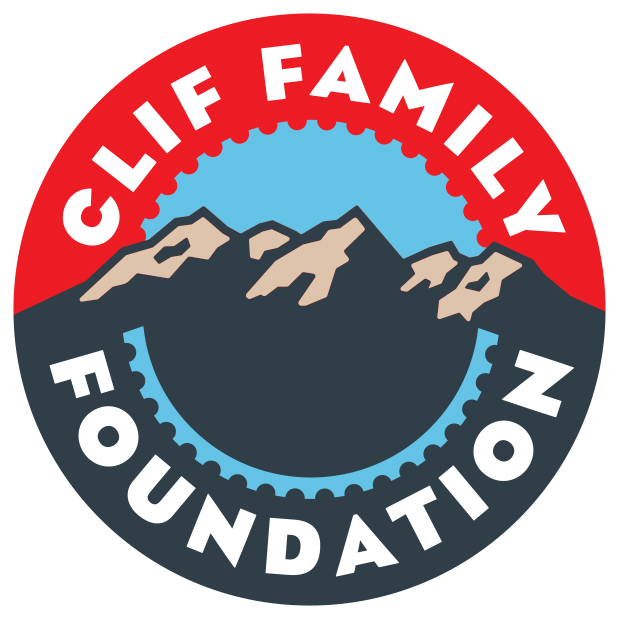




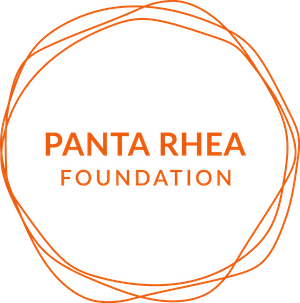

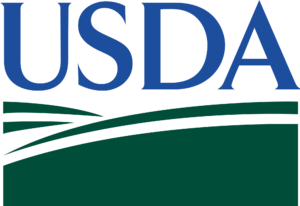
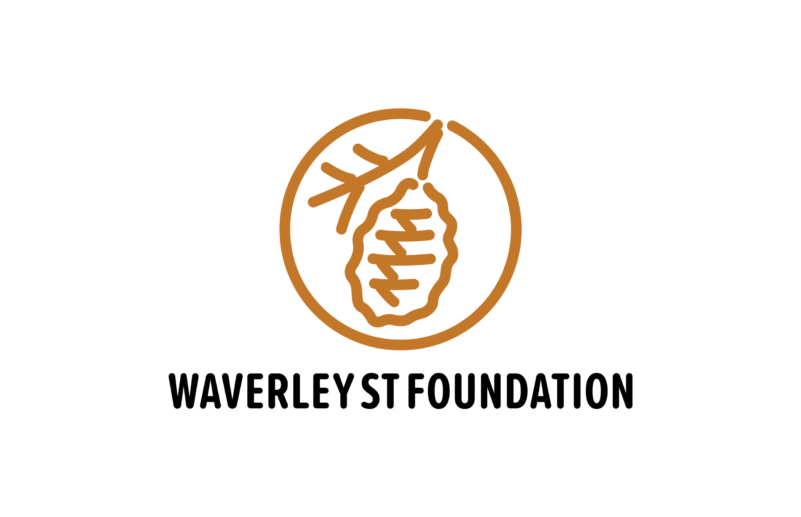
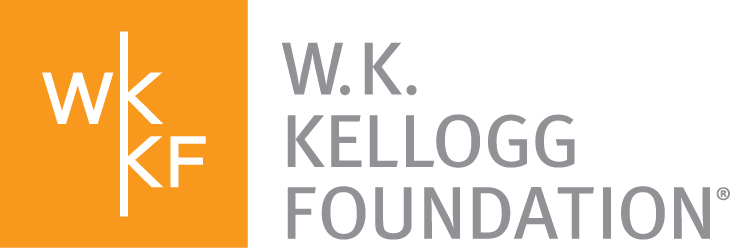
JOBS & INTERNSHIPS
The Center for Good Food Purchasing is hiring a Finance and Contracts Manager. Applications will be accepted through Thursday, Oct. 31, via this form.
